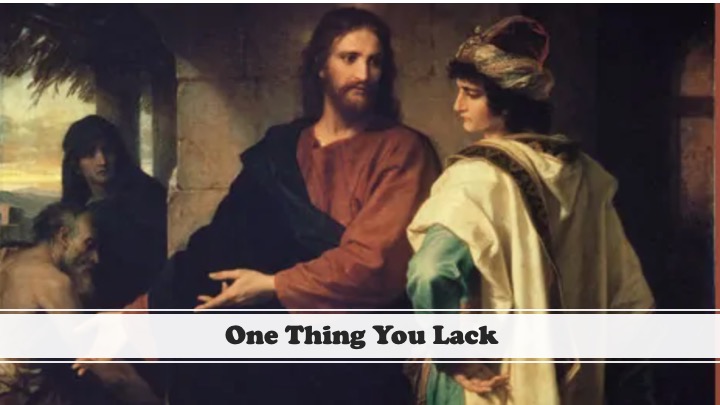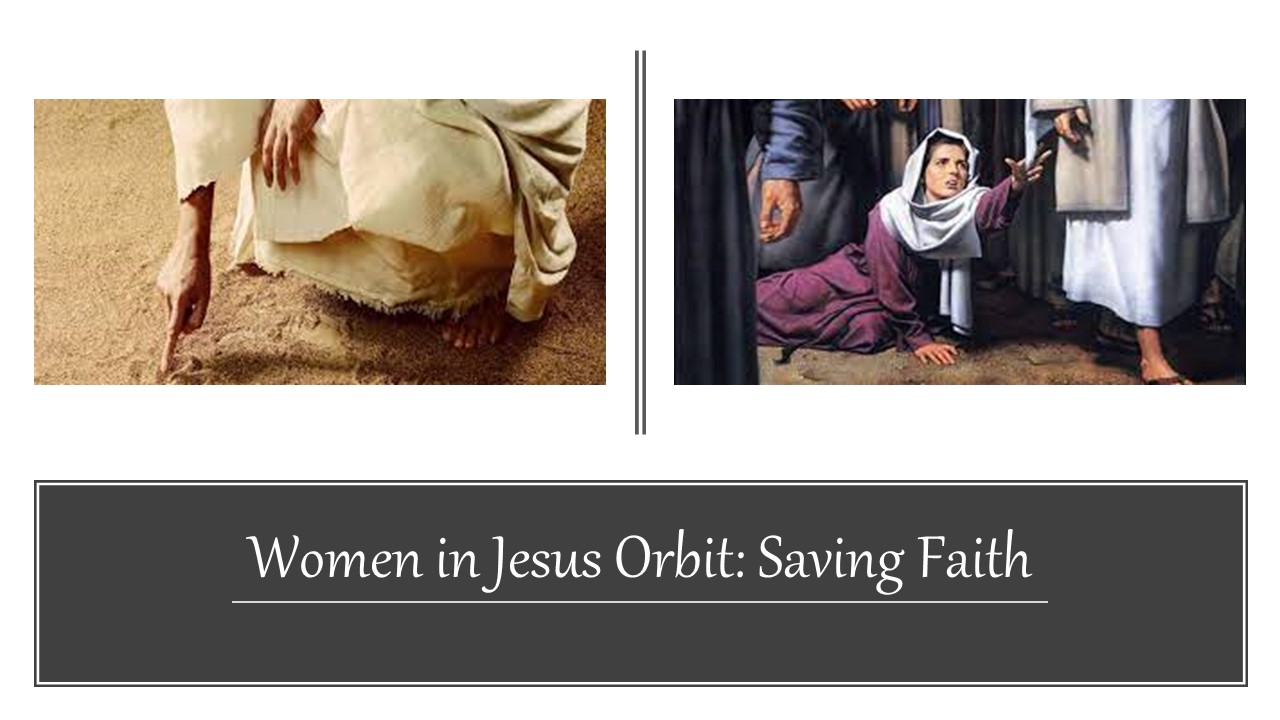Hosea, known as a minor prophet due to the brief length of his book rather than the significance of his message, delivered profound insights into God's steadfast love and mercy in contrast to Israel's infidelity. His ministry, rich in theological depth, uses his marriage to Gomer as a metaphor for God's relationship with His people, highlighting themes of love, betrayal, repentance, and restoration.
The book of Hosea articulates themes such as God's unyielding love despite human failure, the severity of spiritual adultery through idolatry, and the necessity of genuine repentance leading to divine restoration. Hosea emphasizes God's sovereignty, the value of steadfastness, and the preference for mercy over judgment, offering a nuanced view of God's character as both just and merciful.
Hosea's narrative extends beyond a historical or cultural relic, presenting a dynamic love story that mirrors God’s pursuit of His wayward people. It serves as a poignant reminder of the enduring relevance of prophetic messages, urging a life marked by justice, mercy, and a profound relationship with God. Furthermore, Hosea prefigures the messianic fulfillment in Jesus Christ, encapsulating the essence of divine love and redemption, making it a timeless call to understand and embody God's redemptive love in our daily lives.

In this episode of the 10:10 Thrive Podcast, the story of the rich young ruler is explored as both a powerful encounter in the...

The Sabbath, established during Creation, is a cornerstone of God’s design for humanity, offering rest, renewal, and a deep connection with the Creator. As...

One aspect of Jesus’s regard for the full intrinsic value of women is seen in how he spoke to the women he addressed. He...